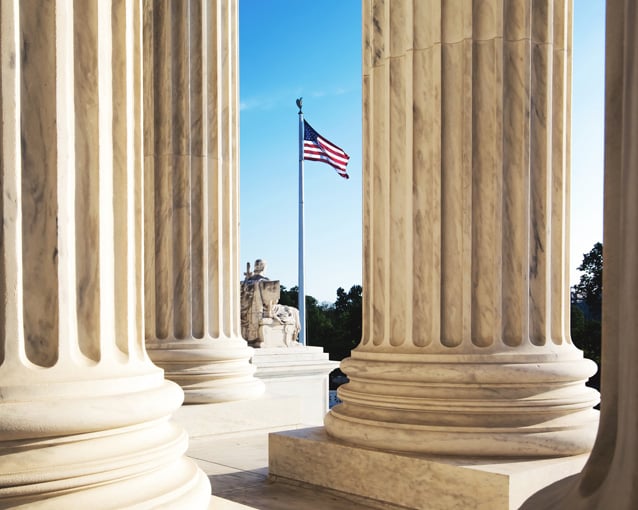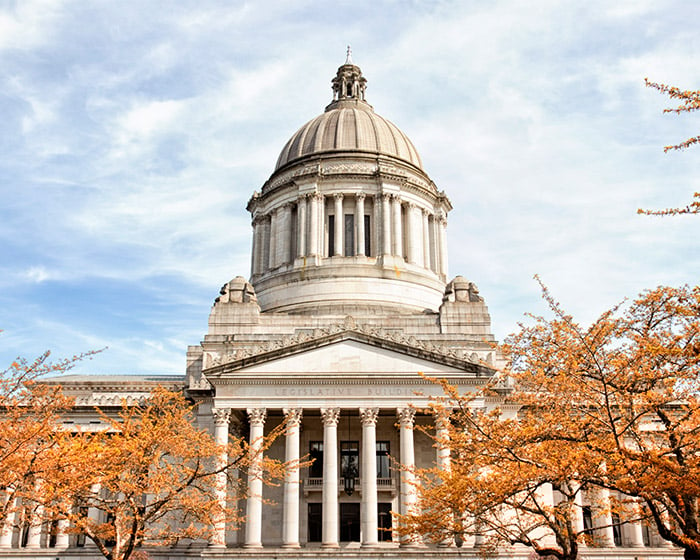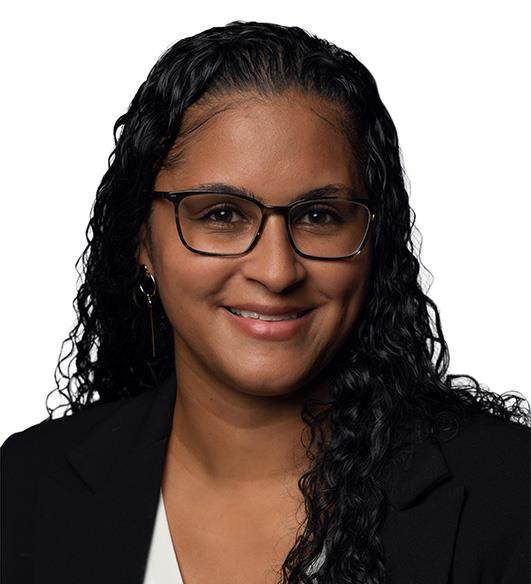Key Takeaways
- Investment income must now be incidental to a business’s main purpose (less than 5% of total gross income) to qualify for the deduction.
- HB 2081 defines key terms, sets exceptions for certain entities, and clarifies eligibility to reduce ambiguity after the Antio decision.
- Eligible taxpayers can resolve past noncompliance with waived penalties and interest through Phase 1 (July 1, 2025 – April 30, 2026) and Phase 2 (July 1, 2026 – April 30, 2027).
Washington’s Business & Occupation (B&O) tax is a gross receipts tax imposed on businesses operating within Washington State. Unlike income taxes, which are based on net profits, gross receipts taxes are calculated on total revenue earned, regardless of expenses. The B&O tax allows for very few deductions, and those that are permitted differ from those typically allowed under income tax rules. The applicable tax rate varies depending on the type of business activity being conducted.
Investment Income Deduction
Washington law (RCW 82.04.4281) allows a deduction for “[a]mounts derived from investments.” However, this deduction is explicitly disallowed for amounts received by a banking, lending, or security business. Notably, the statute does not define the term “investments,” leaving the scope of this deduction open to interpretation — an ambiguity that has led to significant litigation and legislative action.
Antio and the Incidental Standard
In Antio, LLC v. Department of Revenue (October 2024), the Washington Supreme Court interpreted the term “investment income” to mean income that is incidental to the business’s primary purpose. In Antio, a group of 16 related LLCs — whose sole income came from investments — sought a B&O tax refund, claiming their income qualified as deductible under RCW 82.04.4281. The Department of Revenue denied the refund claim, and both the superior court and Court of Appeals upheld that decision. The Washington Supreme Court affirmed, holding that investment income must be incidental to a business’s main purpose to qualify for the deduction. Because the LLCs earned income solely from investments, their income was not considered incidental and thus did not qualify.
Legislature’s Response: HB 2081
In response to the Antio decision, the Washington Legislature passed HB 2081, signed into law on May 20, 2025, amending RCW 82.04.4281 through the addition of newly codified Section 401 and revisions to Section 402.
Section 401 acknowledges the confusion caused by Antio, particularly the lack of a clear standard for determining when investment income is incidental to a business's main purpose. It clarifies the legislature’s intent behind the investment income deduction.
Section 402(1)(a) now explicitly limits the deduction to investment income that is “incidental to the main purpose of the person’s business,” meaning it must account for less than 5% of the taxpayer’s total worldwide gross income annually.
Section 402(3) provides exceptions to this limitation for:
- Nonprofit organizations
- Collective investment vehicles
- Retirement accounts and their recipients
- Family investment vehicles and their recipients
The statute now also defines key terms such as investments, collective investment vehicles, and family investment vehicles to clarify eligibility for the deduction.
Additionally, the Department of Revenue is required to adopt rules to implement the new provisions. These rules must include examples of disallowed deductions for personal investment income, as well as guidance on the tax treatment of investment income earned through various types of collective investment vehicles.
Voluntary Disclosure Program for Investment Income
SB 5167 directed the Department to implement a voluntary disclosure program (VDP) for entities engaged in investment activities, provided they are not classified as a banking, lending, or security business. The program began July 1, 2025, and is open to businesses that have not been contacted by the Department for audit or enforcement by that date.
Participants in the program will benefit from a waiver of penalties and interest, along with a limited lookback period covering the current year and the four preceding years. The VDP will be implemented in two phases:
- Phase 1 – July 1, 2025, through April 30, 2026
- Phase 2 – July 1, 2026, through April 30, 2027
This initiative offers a valuable opportunity for taxpayers to voluntarily resolve past noncompliance and minimize exposure before potential scrutiny or enforcement actions arise.
Unresolved Questions: Retroactivity and Future Guidance
Another area of concern that remains unaddressed is whether the new provisions apply retroactively. Taxpayers may argue that the amendments represent substantive changes to the law, which, under established principles of statutory construction, would apply only prospectively unless the Legislature clearly states otherwise.
This distinction could have major implications. If deemed a clarification of existing law, the Antio standard might be applied retroactively, exposing businesses to unexpected B&O tax liabilities. However, if viewed as a substantive change, affected taxpayers may be protected from retroactive application for earlier tax periods.
The Legislature did not clearly indicate whether the amendments are intended to apply retroactively. However, by offering a voluntary disclosure program that provides penalty and interest relief for prior years, the Department appears to be signaling a retroactive application of the Antio decision and the amended statute.
In addition to the uncertainty around retroactivity, other questions remain. Notably, the state has not yet addressed how investment income should be sourced for B&O tax purposes. The Department is required to issue administrative rules and guidance by June 30, 2026, but this will come after the conclusion of Phase 1 of the investment income VDP — leaving taxpayers without critical information during a key window for decision-making.
Navigating Investment Income Rules and Managing B&O Risk
The Antio decision and the Legislature’s swift response underscore the complexities of Washington’s B&O tax, particularly regarding investment income. Businesses that earn income from investments — even incidentally — must carefully evaluate their eligibility for deductions under the new standards. With the voluntary disclosure program offering a limited-time opportunity for relief, now is the time for potentially affected taxpayers to assess their B&O tax exposure and consider proactive steps.
Watch our latest State and Local Tax Update

Tax
We have the tax expertise to meet your business needs.
Who We Are
Eide Bailly is a CPA firm bringing practical expertise in tax, audit, and advisory to help you perform, protect, and prosper with confidence.




